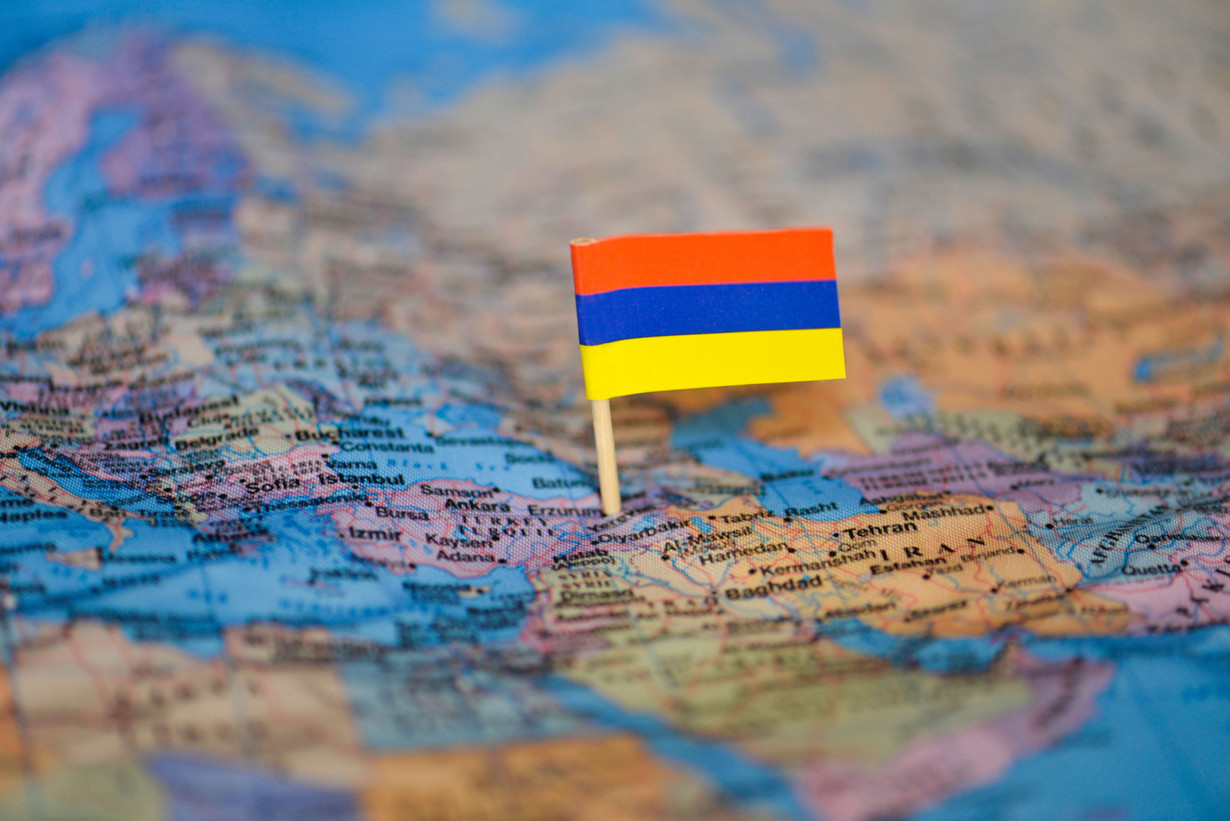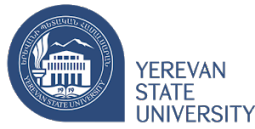| Time | Tuesday 23 August, 9:00 – 12:00 |
| Speakers | Falk Brese, Minge Chen |
| Registration Deadline | 14 August 2022 |
The primary objective of this workshop is to explore how data from international assessments can be used for research regarding outcomes and contexts of mathematics and science education. The workshop will put emphasis on how data from studies conducted by the IEA (International Association for the Evaluation of Educational Achievement) could provide further insights for policy and practice.
As a leading organization in the field of educational research for more than 60 years, the IEA promotes capacity building and knowledge sharing to facilitate innovation and foster quality in education. IEA studies approach the reality of educational learning outcomes in all its complexity by collecting a huge variety of background information that can be related to students’ achievement, knowledge, and attitudes.
This course will introduce participants to the IEA Trends in International Mathematics and Science Study (TIMSS) 2019. The TIMSS 2019 database was published in 2020 and provides a rich source for secondary research of outcomes related to mathematics and science achievement, in particular in Europe and especially the Caucasus region, from which all countries participated. TIMSS 2019 is the 7th cycle of IEA’s biggest study (in terms of participating education systems), following the administrations in 1995, 1999, 2003, 2007, 2011, and 2015.
The course will include an overview of TIMSS, covering its background, conceptual framework and design. It will present some key findings from the 2019 data collection. Participants will be introduced to the survey instruments and database, and be provided with access paths to data sources, technical documentation, analysis guides and software tools. There will also be a presentation about available variables such as students’ achievement, their attitudes towards math and science, characteristics of their math and science teachers, and class- and school-level learning contexts.
With this information, participants will formulate and discuss research questions that can be addressed with TIMSS 2019 data. The instructors will be available to mentor the development of research ideas and design as well as to answer data related and technical questions. Research questions from individual attendants will be presented to all participants in order to provide opportunities to share ideas. Finally, participants will get insights into appropriate ways of analyzing international large-scale assessment data and will have the opportunity to practice analysis of TIMSS 2019 data with the workshop instructors available for support and advice.
No prior knowledge about large-scale international studies is required. Basic knowledge about statistical analysis is not required but is an advantage.
Requirements:
- Participants should bring a laptop.
- Lecturers will hand out USB sticks with published TIMSS material (assessment framework, questionnaires) that can be used during the group work.
- Participants should download and install the IEA IDB Analyzer and either SPSS, SAS, or R on their laptop
Important Dates ECER 2022
07.12.2021 | Submission starts |
31.01.2022 | Submission ends |
01.04.2022 | Review results announced |
02.04.2022 | 10 days' period to confirm in-person or online presentation |
25.04.2022 | Registration starts |
15.05.2022 | Early bird ends |
25.06.2022 | Presentation times announced |
30.06.2022 | Registration Deadline for Presenters |
Conference Venue
Yerevan State University
1 Alex Manoogian
0025 Yerevan
Armenia
http://www.ysu.am/main/en
Upcoming ECERs
26.08.2024 | ECER'24, Nicosia |
08.09.2025 | ECER'25, Belgrade |
17.08.2026 | ECER'26, Tampere |

